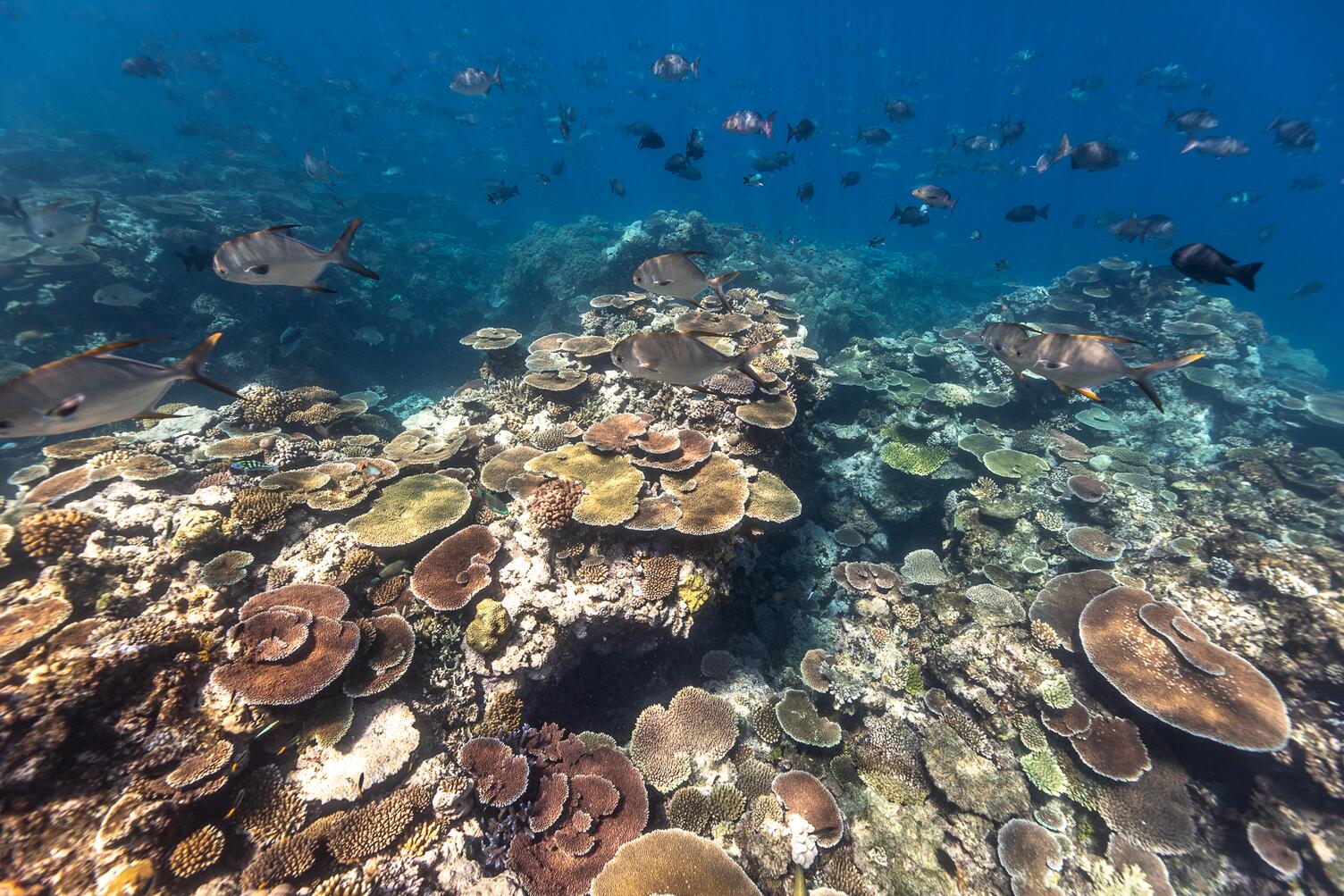
Wheelchair-Bound Woman Dives The Great Barrier Reef
For Catherine Smith, diving through the underwater world of the Great Barrier Reef seemed little more than a dream. The 50-year-old is wheelchair bound and lives in a north Sydney aged care home. Only able to move with the use of a wheelchair, Smith doubted she'd ever make her dream a reality. But thanks to the help of a nation-first virtual reality project, Smith can now experience the wonders of the reef.
Part of the country's first Parallel Parks program, Smith and others with mobility issues or disabilities will now be able to experience and enjoy some of Australia's most famous national parks. Joining forces to develop an app, academics, disability services, social enterprise New Horizons and NSW National Parks and Wildlife Service (NPWS) can now use the technology of virtual reality to transport users to settings that had previously been inaccessible to them.
"Virtual reality opens doors and enables me to experience the wonders of nature," Ms Smith said.
Along with Great Barrier Reef attractions, the new virtual reality technology opens up a world of possibilities for people with a disability. Now there is no frontier too challenging, from the red rock peaks of Uluru-Kata Tjuta to wildlife of Kangaroo Island and the beautiful bends of the Murray River.
The app scored a big thumbs up from Ms Smith, who said she wants more of it. "But while the technology exists, we face challenges - making VR accessible to everyone" she said.
NSW Government Parliamentary Secretary Scott Farlow said the Parallel Parks program was a shining example of technology's power to remove barriers for people with a disability.
"Community connection, inclusivity and access to the outdoors are all key elements in creating a sense of wellbeing and are fundamental to happiness and positive mental health" he said.
Sydney University Professor Rafael Calvo said that VR has great potential to unlock the challenges faced by people living with a disability. "VR allows anyone to be transported and experience worlds that would otherwise be out of reach," he said.
(20th September 2017)
